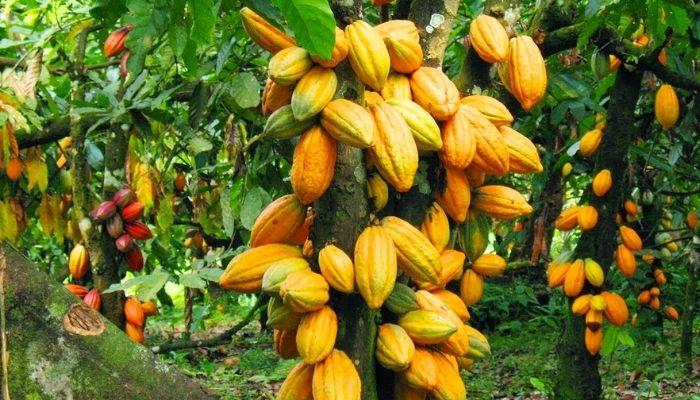In the heart of Nigeria’s humid zone lies a vibrant agricultural landscape, where cocoa cultivation has long been a cornerstone of livelihoods and economic prosperity. However, as the specter of climate change looms larger, the resilience of this vital sector is being put to the test. Recent research by FarmingFarmersFarms, building upon the foundational work of Adejuwon et al (2023), illuminates the intricate relationship between climate variability and cocoa yield, offering a sobering glimpse into the challenges faced by farmers across the region.
From the rolling hills of Ondo to the fertile plains of Osun, the impact of shifting weather patterns is unmistakable, underscoring the urgent need for collective action to safeguard Nigeria’s cocoa industry. As temperatures continue to rise and rainfall becomes increasingly unpredictable, cocoa farmers find themselves navigating uncharted territory. The once-predictable rhythms of the seasons are disrupted, leaving crops vulnerable to the capricious whims of nature. Pests and diseases, emboldened by warmer temperatures and higher humidity, wreak havoc on cocoa plants, leading to diminished yields and economic losses for farmers. In the face of these challenges, the resilience of Nigeria’s cocoa farming is being tested like never before, highlighting the pressing need for proactive measures to ensure its sustainability.
To confront these challenges head-on, stakeholders must come together to forge innovative solutions and build climate resilience in the cocoa belt. Empowering farmers with knowledge and resources to implement climate-smart agricultural practices is paramount. This includes promoting sustainable land management techniques, investing in drought-resistant cocoa varieties, and providing access to weather information and agricultural extension services. Additionally, fostering collaboration between government agencies, research institutions, and the private sector is essential for mobilising resources and expertise to support cocoa farmers in adapting to a changing climate.
As we stand at a critical juncture in Nigeria’s agricultural journey, the urgency of addressing climate change in the cocoa belt cannot be overstated. The time for action is now. By embracing innovation, fostering collaboration, and prioritising the resilience of cocoa farmers, we can chart a way towards a more sustainable and prosperous future for Nigeria’s cocoa industry. Let us heed the call to action, recognising that our collective efforts today will shape the resilience and viability of Nigeria’s agriculture for generations to come.


